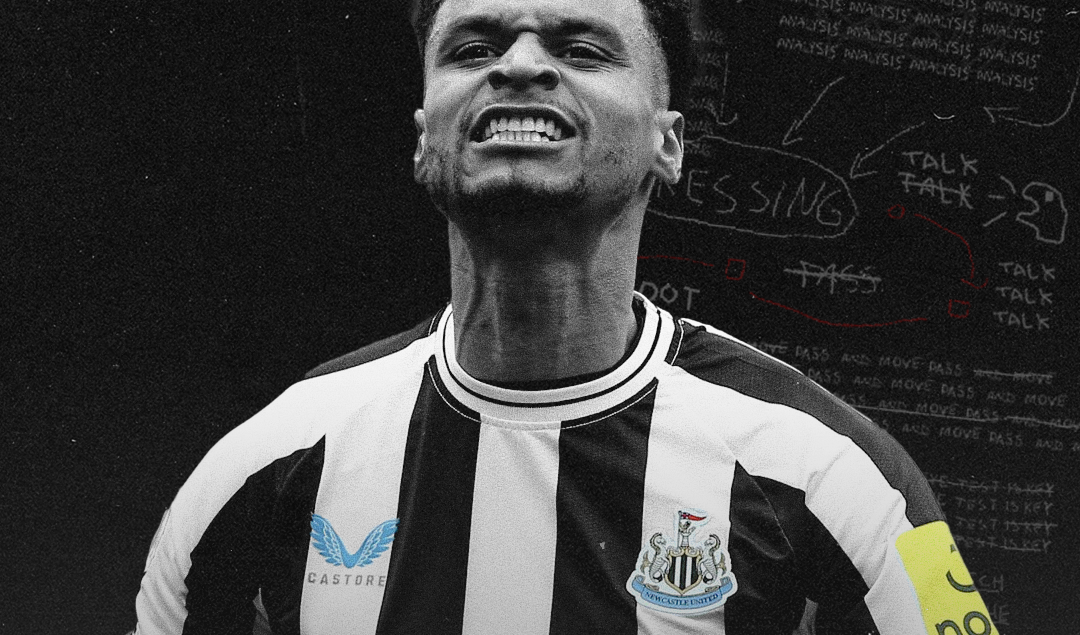New UEFA Betting Restrictions: How Casinos Are Adapting to Soccer’s Regulatory Changes
As soccer remains one of the most bet-on sports globally, its governing bodies, including UEFA, have introduced stricter betting regulations to preserve the integrity of the game. These changes aim to combat match-fixing, ensure fair play, and promote responsible gambling. These restrictions present challenges and opportunities for casinos, which rely heavily on soccer to drive sportsbook revenues. Minimum deposit casinos has taken an in-depth look at UEFA’s latest efforts and how casinos can adapt to stay compliant while maintaining player engagement.
What Are UEFA’s New Betting Restrictions?
UEFA’s updated betting regulations for 2024 are part of its ongoing strategy to protect the sport from corruption and minimize the negative impacts of gambling. Key changes include:
Increased Oversight on Betting Markets
UEFA now requires sportsbooks to report suspicious betting activity in real-time, with tighter monitoring of matches in less prominent leagues, which are more vulnerable to match-fixing.
Restrictions on Betting Sponsorships
Clubs participating in UEFA competitions face stricter guidelines regarding partnerships with betting companies. Specific sponsorships that target vulnerable demographics or promote excessive gambling may be banned.
Expanded Match Integrity Programs
UEFA has enhanced its collaboration with integrity monitoring organizations, such as Sportradar, to identify and investigate unusual betting patterns across Europe.
Ban on Certain Bet Types
High-risk options, such as live betting on events like the first yellow card or throw-ins, are under scrutiny or outright prohibited. These markets are frequently exploited for match-fixing.
Education and Awareness Initiatives
Players, officials, and coaches in UEFA competitions must now undergo training programs on the risks associated with gambling and match-fixing.
Challenges for Casinos and Sportsbooks
Increased Compliance Costs
Casinos must invest in advanced monitoring systems to detect irregular betting patterns and report them promptly to regulatory authorities. This can be financially burdensome, especially for smaller operators.
Restrictions on Popular Bet Types
Eliminating certain betting markets may reduce player engagement, as casual bettors often gravitate towards micro-betting options.
Sponsorship Limitations
For casinos and sportsbooks with soccer partnerships, UEFA’s advertising restrictions could limit their ability to attract new players through high-profile sponsorships.
Reputational Risks
Failure to comply with the new regulations could result in significant penalties, loss of operating licenses, and damage to the casino’s reputation.
How Casinos Are Adapting
Despite these challenges, casinos are finding ways to adapt and thrive under the new regulatory landscape.
Leveraging Technology for Compliance
- AI-Driven Monitoring Systems: Casinos are deploying artificial intelligence tools to monitor real-time betting activity, flagging suspicious patterns linked to soccer matches.
- Enhanced KYC Procedures: Implementing robust Know Your Customer (KYC) protocols helps prevent underage gambling and ensures players are wagering within their means.
Focusing on Responsible Gambling
Casinos are proactively promoting responsible gambling initiatives, including:
- Setting deposit and betting limits for soccer-specific wagers.
- Offering self-exclusion options for players who struggle with gambling addiction.
Diversifying Betting Markets
With the elimination of certain high-risk bets, casinos are focusing on broader, safer betting markets, such as:
- Predicting match outcomes (win/draw/lose).
- Accumulators in major tournaments like the Champions League or European Championship.
- Futures betting, such as league winners or player performance awards.
Strengthening Partnerships
Casinos are partnering with UEFA-accredited integrity organizations to ensure compliance and demonstrate their commitment to fair play. Being proactive in these collaborations builds trust with both regulators and players.
Educating Players
Educating bettors about the new regulations and why certain bet types are no longer available can improve player trust. Transparency about compliance efforts reassures customers of the sportsbook’s integrity.
Opportunities Amidst the Challenges
While UEFA’s restrictions may initially appear to limit betting opportunities, they also present casinos with avenues for growth:
- Enhanced Credibility: Adhering to stricter regulations enhances the casino’s reputation as a trustworthy and responsible operator.
- Innovation Potential: Casinos can develop innovative betting products that comply with UEFA’s guidelines while engaging players in new ways.
- Expansion of Legal Markets: UEFA’s emphasis on regulated betting may encourage more governments to legalize and oversee sports gambling, expanding market opportunities for licensed operators.
UEFA’s new betting restrictions are reshaping the soccer betting ecosystem, challenging casinos to rethink their strategies and prioritize compliance. Casinos can navigate these changes by embracing technology, diversifying offerings, and promoting responsible gambling while maintaining their relevance in the highly competitive sports betting market.
Ultimately, these regulations are a step toward a more transparent and sustainable gambling environment, benefiting not just soccer but also the broader gaming industry. Casinos that adapt effectively to these changes will survive and thrive in this evolving landscape.
